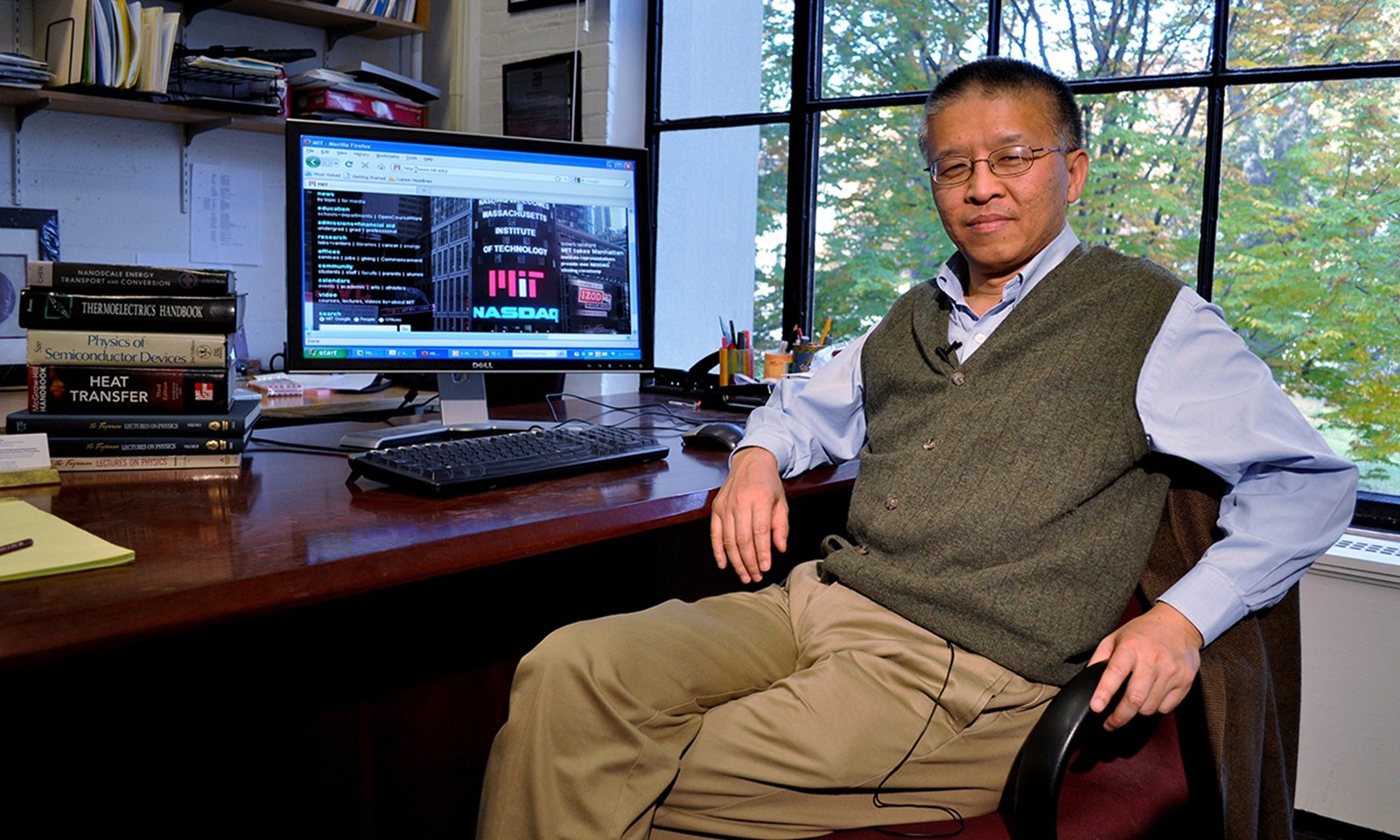The 23 newly elected foreign members of the NAS in 2023 did not include any foreign academics of Chinese descent.

Although eight is an unusually high number, insiders said it should not be interpreted as an improvement in the situation for Chinese scholars in the US. According to news reports, six Chinese-Americans were named NAS fellow scholars in 2022 and seven in 2021.
Chen Gang being one of the eight chosen members of NAS this year is notable. Professor Chen is a well-known academic and works at Massachusetts Institute of Technology (MIT). Chen was arrested and under investigation in 2021 for his involvement in the US’ “China Initiative.”
More than a thousand academics, including workers at MIT, signed a petition in response to Chen’s arrest, which caused a significant backlash in the academic world.
The 23 newly elected foreign members of the NAS in 2023 did not include any foreign academics of Chinese descent. Scientists of Chinese ancestry have occasionally been chosen as foreign fellows in previous years.
One of the highest honours in US science is generally regarded as election to the National Academy. The NAS claims that it is a private, nonprofit organisation that was founded in accordance with a congressional charter that President Abraham Lincoln signed in 1863.
It offers the federal government and other organisations advice on science, engineering, and health policy in addition to recognising scientific accomplishments through membership elections. Chen was detained in January 2021 on suspicion of hiding connections to China.
He was accused as a result of the contentious “China Initiative,” which was started by the US Department of Justice under the administration of Donald Trump at the time. A federal court in Boston dismissed Chen’s charges in January 2022 after admitting it could “no longer meet its burden of proof” in court.
Chen later released a statement saying, “While I am relieved that my ordeal is over, I am mindful that this terribly misguided China Initiative continues to bring unjustified fear to the academic community and other scientists still facing charges.”
Chinese-American scientists have recently found themselves in an awkward situation in the US, especially since the US Department of Justice launched the China Initiative in 2018 to look into alleged “Chinese spies” in American research and industry
. In comparison to 11.7 percent of non-Chinese scientists, 50.7 percent of Chinese scientists in the US report feeling concerned that they are being watched by the US government, according to a survey of nearly 2,000 scientists at 83 research institutions conducted by the University of Arizona and Committee of 100 in 2021.
1,062 researchers left the US in the first year of the China Initiative to carry out their research abroad, and 3,878 more have left in the three years since. However, as several insiders told the media, Chen Gang’s election to the NAS does not portend an improvement in the situation of Chinese Americans who are scientists.
According to a Chinese scientist who has previously worked as a professor in the US, Chen’s election was primarily motivated by the acceptance of his academic abilities.
He was quoted as saying by Chinese online news source Zhishi Fenzi, “The National Academy of Sciences is a semi-official, private organisation that does not reflect the attitude of the US government.”
The election of Chen will not significantly alter the circumstances of Chinese-American scientists or people of Chinese descent living in the US, according to Xia Zhihong, a tenured professor at Northwestern University and the editor-in-chief of Zhishi Fenzi. Other Chinese academics shared his perspective.
According to Xue Haipei, president of the United Chinese American Association (UCA), “there is no indication that this is a landmark event for the improvement of the situation [of Chinese scholars]” (Zhishi Fenzi). The situation for Chinese scholars in the US has not significantly improved, he claimed, even though the China Initiative is no longer in effect.
